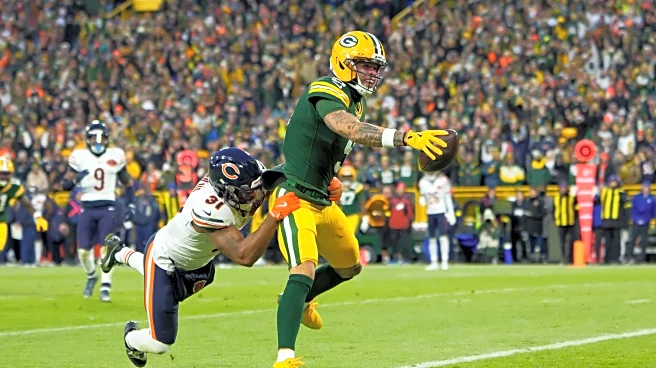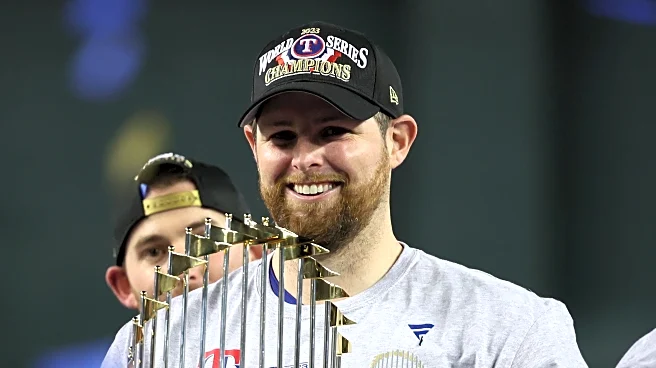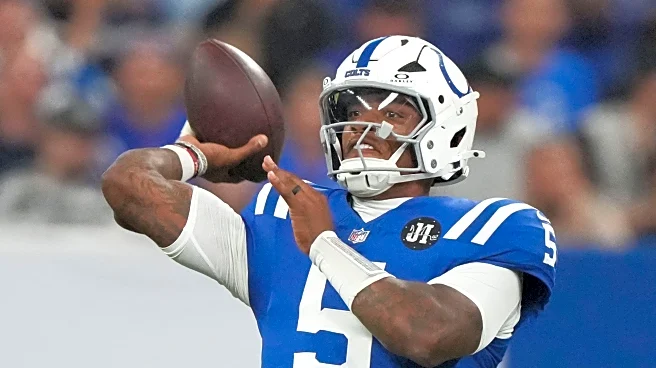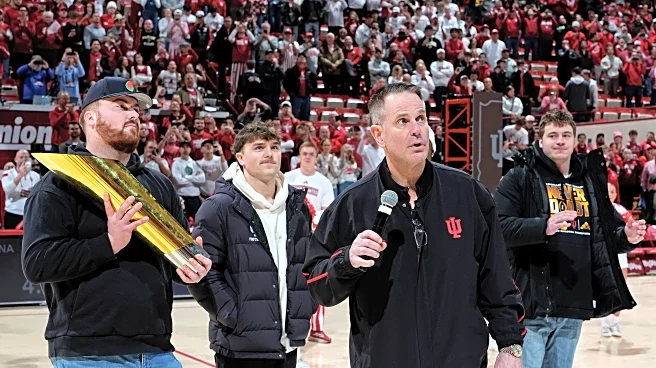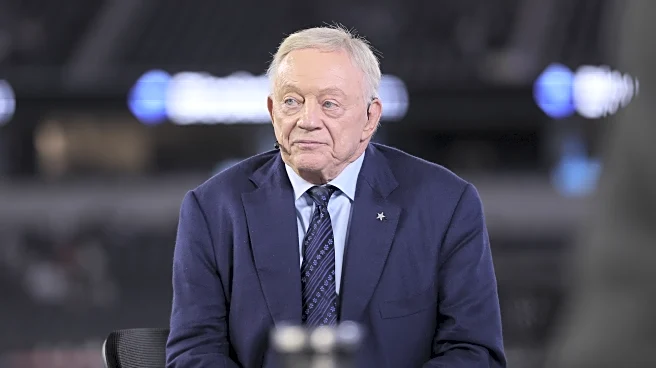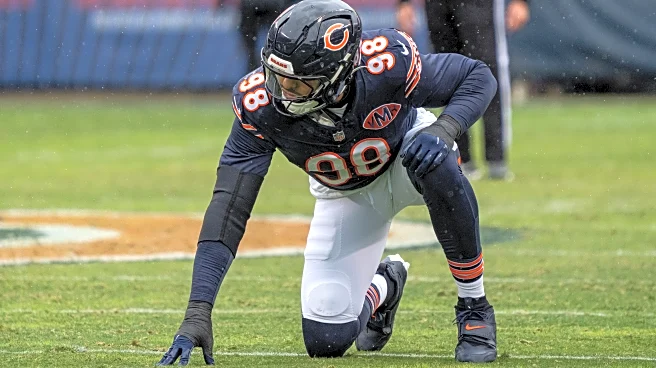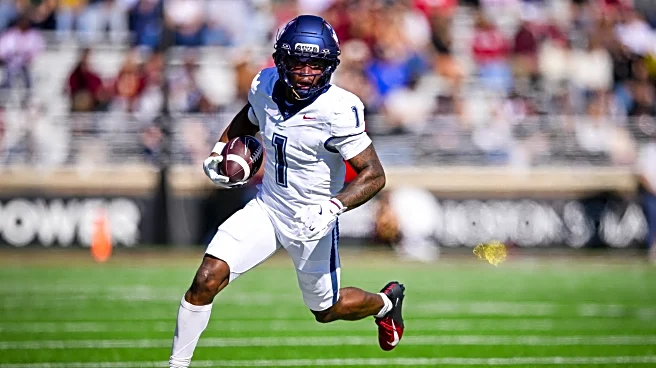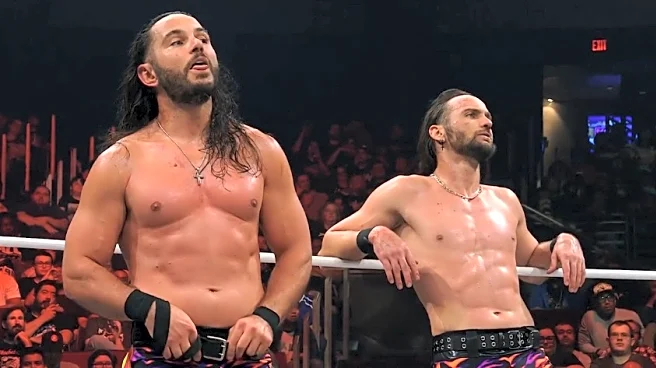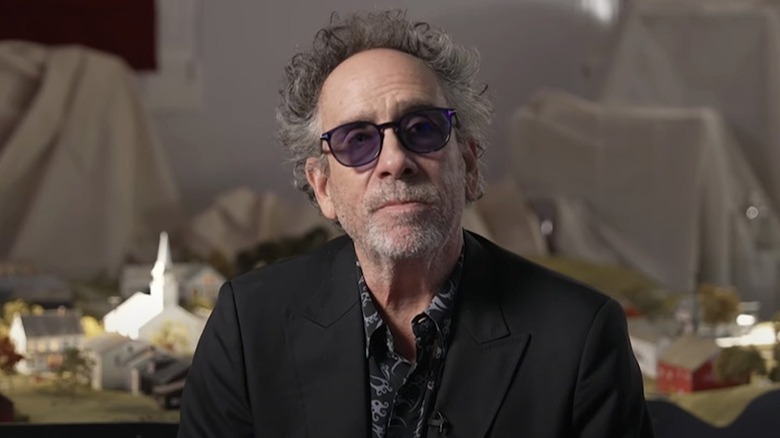
There is a pecking order in Hollywood that determines which actors and directors get first crack at the hottest material in town. When agents and managers (relying on the perspicacity of their underpaid
assistants and readers) come across a script that could be a launching pad for a billion-dollar franchise or an awards season thoroughbred, they fire that sucker off to their top client (even if they're not exactly right for the lead role). This is how you get Tom Cruise embarrassing himself in "Far and Away" with the worst Irish accent you'll ever hear outside of a community theater production of "The Plough and the Stars" (and even then).
But every A-list screenwriter's gotta start somewhere, and if you find yourself in a fertile creative environment that hasn't been completely overrun with apex industry predators, you might uncover a project that's not only rife with potential but is also the exact kind of movie you've been desperate to make.
This happened to producer Amy Robinson in the mid-1980s when she was serving as a mentor at the still-new Sundance Lab in Utah. She'd made two superb movies (Joan Micklin Silver's "Chilly Scenes of Winter" and John Sayles' "Baby, It's You") with her production partner Griffin Dunne, but while the pair had other scripts in various stages of development, they had nothing on the front burner. This changed when Robinson read a dark comedy titled "Surrender Dorothy" by Joe Minion at Sundance. She mailed it express to Dunne with a note attached: "This is the one. Also, the part seems written for you."
Minion was still a graduate film student at Columbia, and, thus, unknown to Hollywood's power players. He would be Dunne and Robinson's discovery. And Minion's screenplay was so strong that Robinson wanted to send it to Martin Scorsese, who'd directed her a decade prior in "Mean Streets." Given that Dunne and Robinson shared an attorney with the filmmaker, the only thing suspect about pursuing Scorsese was that his last film, "The King of Comedy," was a dark comedy and, not for nothing, a sizable box office bomb.
Dunne and Robinson's big ask was answered with an emphatic "no" because Scorsese was preparing to shoot "The Last Temptation of Christ." However, what could've felt like a gut punch turned out to be a gift in disguise. Dunne and Robinson had recently seen a brilliant animated film from a sui generis talent who was destined to be, if nothing else, a significant artist in the motion picture industry. So, as soon as Scorsese passed, the duo set up a lunch meeting with a young man named Tim Burton to see if he'd be interested in the movie that would eventually be titled "After Hours."
Read more: 15 Best Movie Plot Twists Of All Time, Ranked
After Hours Was Almost A Burton-Esque Nightmare
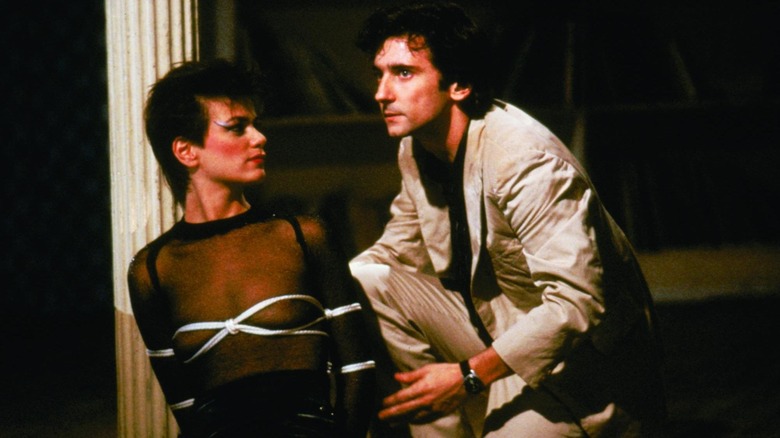
As Dunne relates in his must-read memoir "The Friday Afternoon Club," he and Robinson had been knocked out by Burton's stop-motion classic "Vincent." Narrated by Vincent Price, the short was stuffed with humorously macabre imagery, which felt like it would gibe with the late-night SoHo hellscape conjured up by Minion. When they met with Burton on the Disney lot (where he was still employed as an animator), they were blown away by how fully the director had absorbed Minion's screenplay and transformed it into a uniquely Burton vision. Per Dunne:
"Tim had read the script beforehand, many times it seemed, because he had presented us with storyboards illustrated in the style he would be famous for: haunted characters with skinny arms walking down creepy hallways that fluttered with bats. I assumed the drawings were made with one of the many pens that leaked ink from the front pocket of his short sleeve shirt. His vision for the movie was brilliant and light-years from anything we imagined 'After Hours' could be."
It felt like Dunne, Robinson, Burton, and Minion were on the cusp of making a pitch-dark comedy masterpiece. It would've been a boon for all involved, but it's possible no one needed this movie more than Dunne, who was still working through the grief of his sister Dominique's brutal murder in 1982. The only thing working against them was that the names Dunne, Robinson, Burton, and Minion couldn't trigger more than $100,000 in financing. When Dunne and Robinson failed to scrape together enough cash to make the film on a budget that could allow Burton to realize his vision, their attorney gave them the "yes" they'd sought many months ago. Paramount had canceled "The Last Temptation of Christ," so Scorsese, eager to prove he could deliver a movie on time and on budget, wanted to make "After Hours."
Dunne and Robinson were not initially thrilled.
Burton Refused To Stand In Scorsese's Way
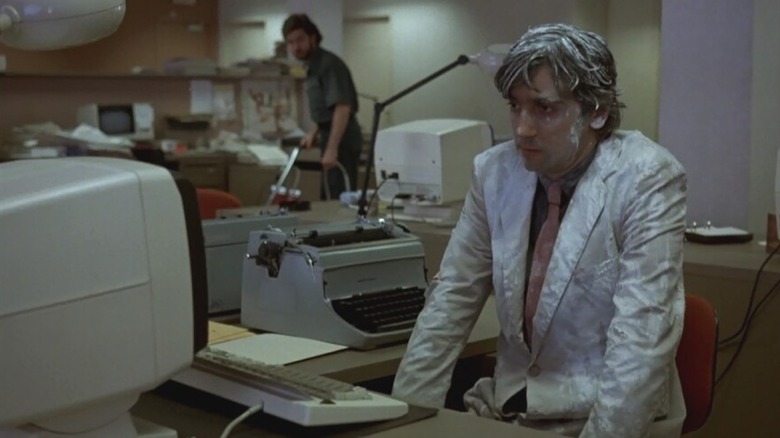
When their attorney, Jay Julien (who went on to produce Abel Ferrara's sensational "King of New York"), told Dunne and Robinson they'd be making a Martin Scorsese movie, their enthusiasm was dampened by the realization they'd have to tell Burton his six months of intricate design work was destined for a dumpster.
They delivered the bad news to Burton at the Disney commissary, where he arrived bearing a lovingly detailed model of one of the movie's sets. After some brief niceties, Dunne and Robinson lowered the boom: They'd offered Scorsese the script first and now he wanted to make the film. Burton jumped right in and said, "Wait, are you telling me Martin Scorsese wants to do this script?" Once the producers clarified this was the case, Burton replied, "If Mr. Scorsese wants to make this film, I respectfully withdraw from the project. I would never stand in the way of anything he wants to do."
No one but Burton could tell us how he felt at this moment, but I can't imagine a classier reply to learning you've been fired from your first feature.
Amusingly, Burton booked his first feature right after losing "After Hours." The film, "Pee-wee's Big Adventure" opened around the same time as "After Hours" and outgrossed the latter by over $30 million (though it must be noted that Dunne gave the performance of his life in Scorsese's savage masterpiece). Given that both films were distributed by Warner Bros., Dunne and Burton often found themselves to be ships passing in the night. One day, Dunne entered a limousine that had just dropped off Burton at an airport, and he found "a little hand-drawn picture of a bug-eyed child waving hello from a graveyard, on a card that read 'Happy Trails, Griffin.'" It was a very sweet gesture, but, in his memoir, Dunne expressed a tinge of regret at never getting to see Tim Burton's "After Hours."
If you're looking for the easiest way to keep up with all the major movie and TV news, why not sign up to our free newsletter?
Read the original article on SlashFilm.
